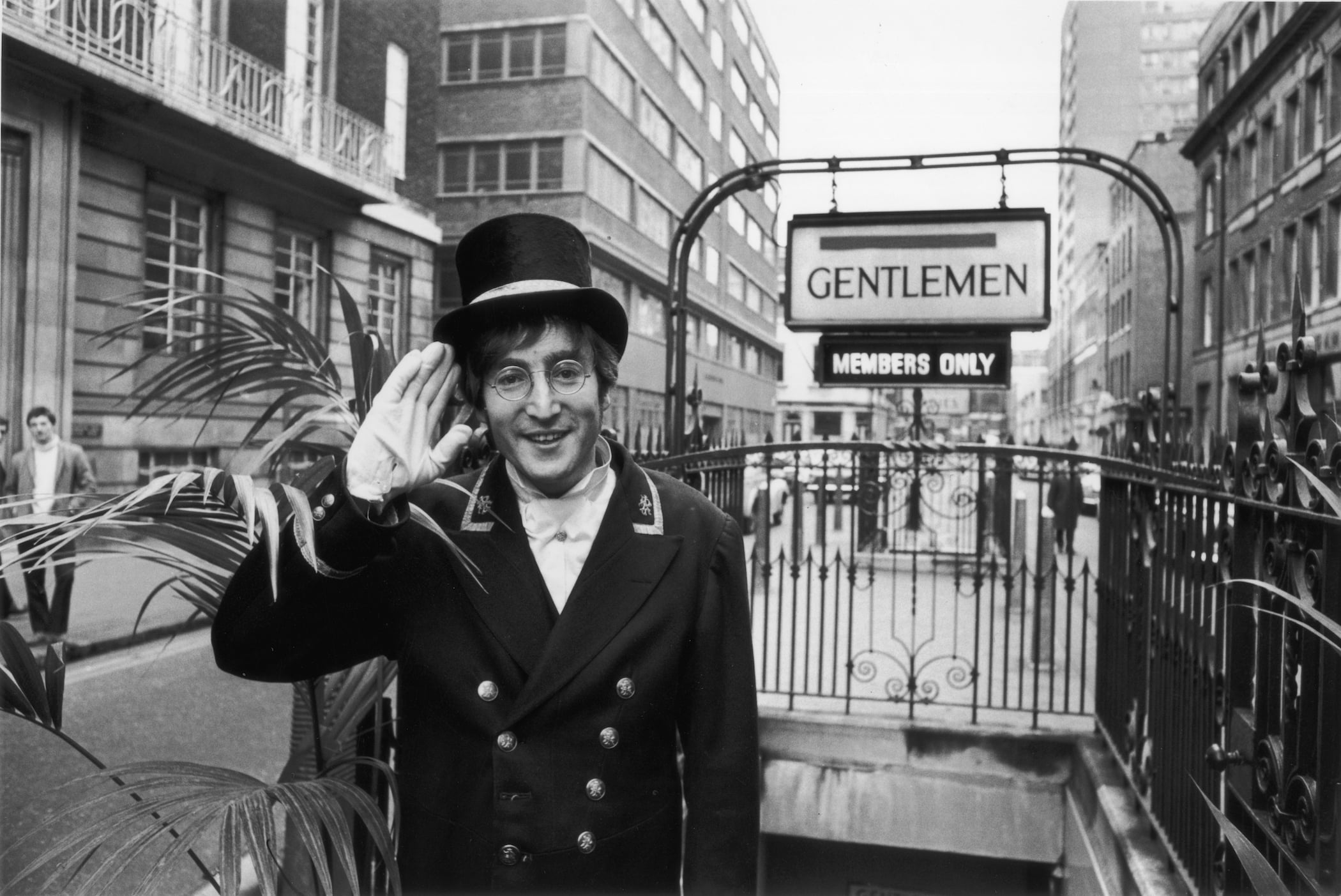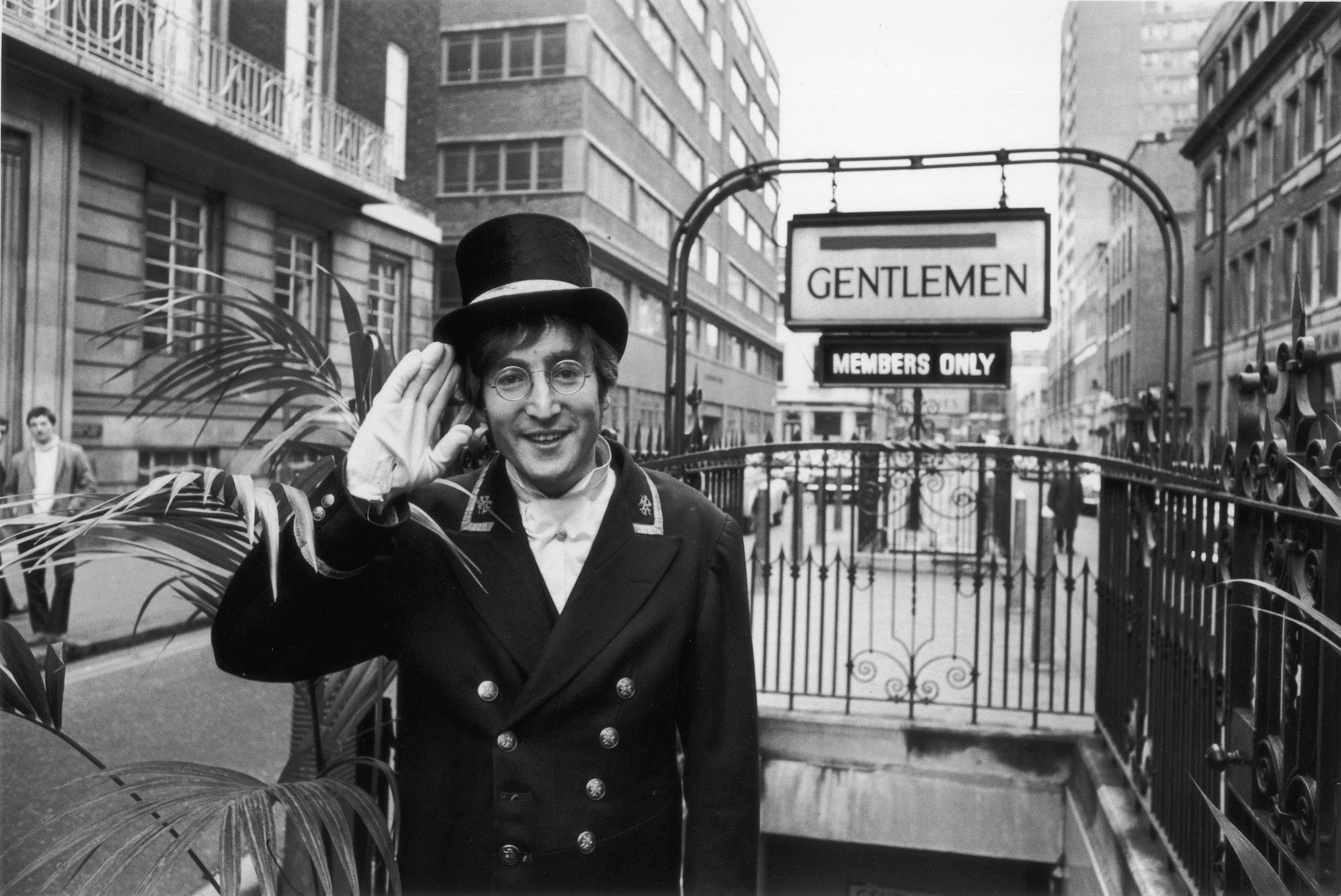
John Lennon Thought There Should Be ‘No Limits’ on Late Talk Shows
John Lennon didn’t stray away from controversial topics, activism, and noteworthy statements. When it comes to late-night talk shows, the Beatles member said there shouldn’t be “any limits at all” regarding hot topics.
John Lennon sometimes advocated for peace — and spoke out regarding Civil Rights

The Beatles’ Lennon didn’t stray away from activism and hot topics. The rock band released “Get Back” as commentary on anti-immigration rhetoric in England. While performing in front of the Royal Family, Lennon joked that instead of cheering, they should “just rattle [their] jewelry.”
As a solo artist, Lennon debuted “Give Peace a Chance” and “Happy Xmas (War is Over.)” He also appeared in his honeymoon “Bed-In for Peace” alongside Yoko Ono.
John Lennon said there shouldn’t be ‘any limits at all’ regarding late-night talk shows
Lennon appeared in interviews with the Beatles and as a solo artist. In 1966, the songwriter was asked about “hot” conversations on talk shows.
“I don’t think there should be any limits at all,” Lennon said (via Beatles Interviews). “That is why they should put late-night shows on at two o’clock in the morning. That way people wouldn’t have to watch it and say how disgusting so-and-so’s behavior was.”
“The average viewer sits glued to the box right up to the epilogue no matter what’s on,” he continued, “so if they put these shows on very late, it will only be those who really want to watch it who will bother to stay up so late.”
John Lennon once said the Beatles were ‘more popular than Jesus’
Lennon had several controversial moments during his time as a Beatle — and even after. One of the most noteworthy was his claim that the Beatles were “more popular than Jesus.” He later apologized in a statement, according to CBS News.
“I wasn’t saying the Beatles are better than Jesus or God or Christianity,” Lennon said. “I was using the name Beatles because I can use them easier, ’cause I can talk about Beatles as a separate thing and use them as an example, especially to a close friend [the reporter of the original piece, published in the “Evening Standard]”.
For his album with Ono, Some Time in New York City, Lennon released a song titled “Woman is the [n-word] of the World.” On the Dick Cavett Show, the artist defended his use of the slur, defining it in the context of his song.
“At the time I was more of a chauvinist than I am now,” he said after first reading the phrase. “As with everybody else, we talked more and more about it… I had to find out about myself and my attitude to women.”
He added that radio stations refused to play the song because of the n-word, “though all my Black friends feel I have quite a right to say it, because they understand it.”


